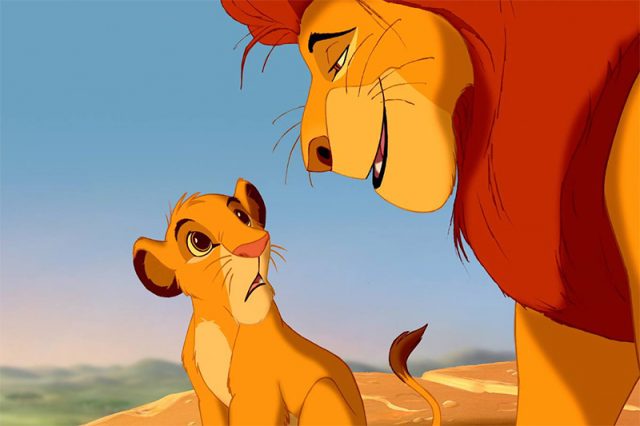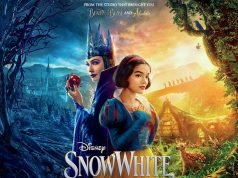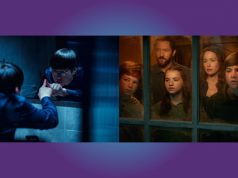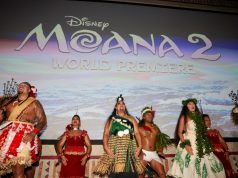Thirty years ago audiences were introduced to the epic story of one little lion’s journey to find himself and his family. Little did Disney know what a roaring success the Lion King would be when it was released in 1994. In fact, they fully expected it wouldn’t be.
In the 80s and 90s, the movie studio experienced huge hits with the animated films The Little Mermaid (1989) and Beauty and the Beast (1991). This left many of the creatives at the Disney studio keen to continue making princess stories. Disney executive and Hollywood stalwart Jeffrey Katzenberg was banking on Pocahontas (1995) to be their next hit.
Therefore, the Lion King’s development was undertaken by artists and storytellers who were expected to produce something that would only ever be second best. It’s this underdog feeling that resulted in a hungry and competitive creative team producing this original hit story (it’s not a direct retelling of Hamlet, as some might think).
Taking heed of its immediate film predecessors, Disney ensured the movie put music at the forefront of its storytelling, teaming up film scorist Hans Zimmer (Rain Man, Gladiator) with lyricist Tim Rice (Aladdin, Jesus Christ Superstar) and acclaimed international pop star Elton John. This combination of talent resulted in a soundtrack that won the film two Oscars in 1995 (best score and best original song for Can You Feel The Love Tonight?). The songs and music have played a critical role in the cultural and commercial impact of The Lion King. While some elements might change, in nearly every adaptation the songs have remained.
The measure of success often used for movies is box office revenue, and the film’s 1994 total was US$763 million (£603 million) worldwide. Compare that with Disney’s previous great successes, The Little Mermaid US$84 million worldwide and Beauty and the Beast US$249 million. Pocahontas, the great hope, also failed to outperform The Lion King bringing in US$142 million.
Its success spawned direct-to-video sequels, including The Lion King 2: Simba’s Pride. In 1997, the film was adapted into a musical theatre production, which, as well as touring globally, is a permanent fixture in the West End of London and on Broadway in New York. Then in 2019, Disney released a live-action remake. And now, as the original celebrates its 30th anniversary, the prequel, Mufasa: The Lion King, will hit cinemas.
Disney has cleverly followed the fans with these iterations. The 1997 stage adaptation tapped into the late 90s resurgence in live musical theatre. Since its debut the musical has received 70 major arts awards, including the 1999 Grammy for best musical show album and the 1999 Laurence Olivier awards for best choreography and best costume design.
Then 25 years after the original’s release, Disney decided to remake The Lion King (following other hits such as Beauty and the Beast remake in 2017) – but the social environment had changed. In 2019, the “live action” remake of the movie ensured that this story set in Africa was rightly cast with majority Black performers. The cast introduced new names, but also attracted huge stars, including Beyoncé Knowles-Carter who voiced the character Nala.
After The Lion King’s early success, Disney’s subsequent movies (including Pocahontas) did not live up to commercial expectations. From the mid-90s, Disney’s dominance at the animated movie box office was overtaken by Pixar and their hits, including Toy Story.
Disney experienced inconsistent success until 2010 when they embraced CGI 3D animation as the primary production technique for their movies. This new style was applied to their tried-and-tested format of retelling classic fairytales and placing music at the heart of the storytelling, leading to hits such as Tangled (2010) and Frozen (2013).
The Lion King’s enduring success should be a stand-out moment of clarity for Disney: with a focus on good quality animation and solid music storytelling, even the unexpected can become a roaring success.![]()
Joel Gray, Associate Dean for Teaching and Learning, Sheffield Hallam University. This article is republished from The Conversation under a Creative Commons license. Read the original article.










